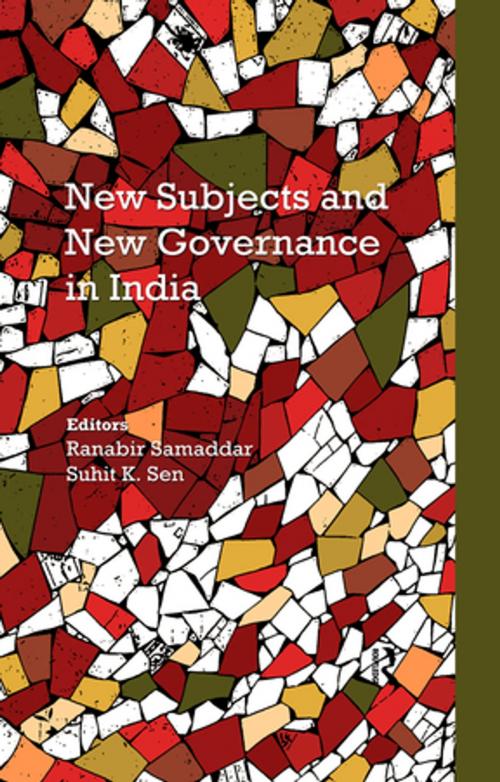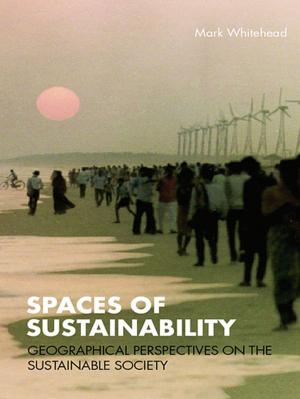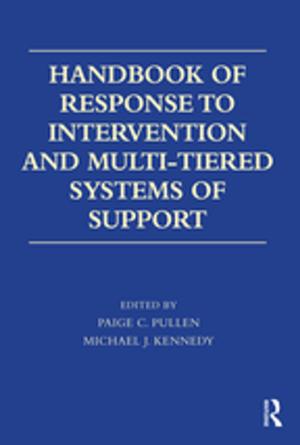New Subjects and New Governance in India
Nonfiction, Social & Cultural Studies, Social Science, Sociology, Political Science, History| Author: | ISBN: | 9781317809685 | |
| Publisher: | Taylor and Francis | Publication: | March 14, 2014 |
| Imprint: | Routledge India | Language: | English |
| Author: | |
| ISBN: | 9781317809685 |
| Publisher: | Taylor and Francis |
| Publication: | March 14, 2014 |
| Imprint: | Routledge India |
| Language: | English |
This volume looks at the ways in which governance in the exercise of its strategies also acts as a process of production of subjects. It argues that governance is not a one-sided affair starting and ending with those who rule and govern, producing fiats, decrees, and diktats, but a productive process — one that produces subjects of governance who in turn respond to the process, and make the field of governance a contentious one.
Against the backdrop of the first transition of democracy in India from its origin in a colonial polity to the first phase of its independent life after the promulgation of the Indian Constitution in 1950, this volume explores the second transition towards developmental democracy, examining the interrelations between globalisation, development and structures of governance. The volume suggests that while there is need to reflect on the governance of transition, it is important to question how democracy negotiates this transition.
This volume looks at the ways in which governance in the exercise of its strategies also acts as a process of production of subjects. It argues that governance is not a one-sided affair starting and ending with those who rule and govern, producing fiats, decrees, and diktats, but a productive process — one that produces subjects of governance who in turn respond to the process, and make the field of governance a contentious one.
Against the backdrop of the first transition of democracy in India from its origin in a colonial polity to the first phase of its independent life after the promulgation of the Indian Constitution in 1950, this volume explores the second transition towards developmental democracy, examining the interrelations between globalisation, development and structures of governance. The volume suggests that while there is need to reflect on the governance of transition, it is important to question how democracy negotiates this transition.















